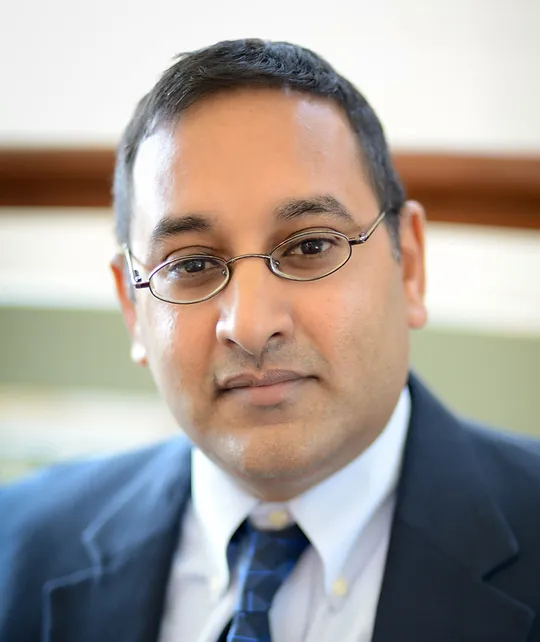
The Ultimate In Waste Recycling: Ramu P. Raju M.D.
The Ultimate in Waste Recycling
Fecal transplants save lives at SJH For about a year and a half, Saint Joseph Hospital has been performing fecal microbiota transplants on patients with severe, recurring C.difficile infection, with life-changing results for patients who feel they’ve run out of options.
Fecal transplants are not widely available and are considered experimental. The procedure has not been approved by the FDA. Suffering patients, however, aren’t concerned with the procedure’s official status. In fact, Ramu Raju, MD, Gastroenterology of the Rockies, says his patients have been asking for fecal transplants.
“These patients who want and need fecal transplants are desperate; they’ve had two or three C.diff episodes that have threatened their lives and forced them into hospitalization,” said Raju. “It’s an absolutely awful infection. These patients have a very poor quality of life.”
Drug-resistant and recurrent C.diff infection has grown exponentially in the last several decades in both prevalence and severity. In fact, the medical community says it’s an infection that has reached epidemic proportions, and one that has a recurrence rate that increases with each recurrence. Meaning, a patient who contracts C.diff once has a 35-percent chance of contracting it again, and a patient who contracts it twice has a 65-percent chance of contracting it a third time.
A patient caught up in this cycle of battling C.diff faces the very real possibility of losing his colon and his life. With incidence and drug resistance on the rise, the mortality rate for C.diff continues to climb.
Research for effectively treating drug-resistant C.diff with medication is promising, though more effective treatments are still years away. There might be thousands of different types of bacteria in the intestines and it remains unclear which bacteria keep the colon healthy.
In the meantime, performing fecal transplants on patients who repeatedly find themselves facing this life-threatening infection is kind of like hitting the “reset” button on the patients’ intestines.
The procedure calls for the stool of a healthy donor to be blended and strained, and then transplanted into the patient’s colon via colonoscopy. To find appropriate donors, Saint Joseph Hospital contracts with OpenBiome, a nonprofit formed in 2012 that provides screened, filtered and frozen stool, ready for transplant. The results have been dramatic. At Saint Joseph Hospital, fecal transplant is more than 90 percent effective in treating these highly aggressive C.diff cases. “Effective” means these patients have not had a recurrence in more than a year.
Great news for an exciting breakthrough, but Raju says patients eligible for transplant need to be carefully considered, since the procedure still is considered experimental by the FDA, despite its great success. Due to this, patients eligible for the procedure need to be suffering from an aggressive, recurrent strain that does not respond to antibiotics. Also, these patients are closely followed post procedure.
Physicians interested in more information about fecal microbiota transplants can contact Raju at dr.raju@gastrorockies.com or call his office at 303-604-5000.
